Ideas are far more powerful than guns. We don't let our people have guns. Why should we let them have ideas?
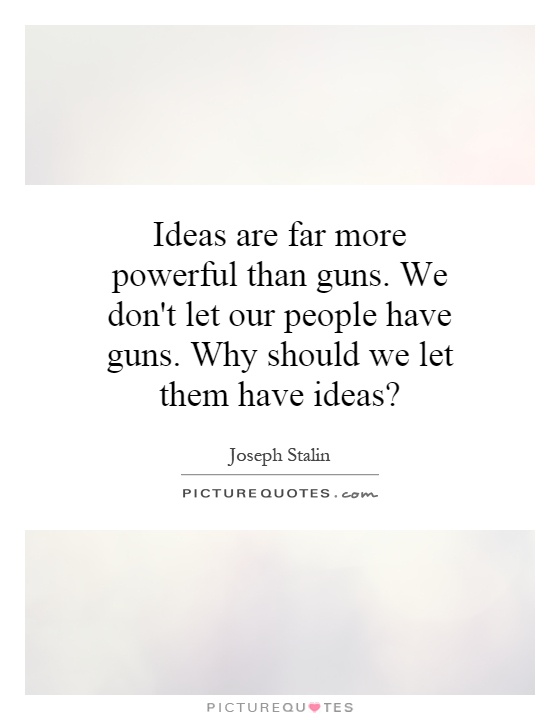
Ideas are far more powerful than guns. We don't let our people have guns. Why should we let them have ideas?
Joseph Stalin, the infamous Soviet dictator, is often quoted as saying, “Ideas are far more powerful than guns. We don't let our people have guns. Why should we let them have ideas?” This statement encapsulates Stalin’s authoritarian approach to governance, where he sought to control not only the physical actions of his people but also their thoughts and beliefs.Stalin’s regime was characterized by censorship, propaganda, and the suppression of dissenting voices. He believed that ideas had the power to inspire rebellion and undermine his authority, so he sought to tightly control the flow of information and shape public opinion to align with his own agenda. By restricting access to alternative viewpoints and promoting his own ideology through state-controlled media and education, Stalin sought to ensure that his version of reality was the only one that his people knew.
In Stalin’s view, allowing people to have ideas was akin to giving them weapons that could be used against him. He feared that dissenting voices could sow seeds of doubt and discontent among the population, leading to unrest and potentially threatening his grip on power. By suppressing free thought and independent thinking, Stalin sought to maintain control over every aspect of his citizens’ lives, from their actions to their beliefs.
Stalin’s approach to governance was rooted in a deep-seated paranoia and a desire for absolute control. He saw ideas as dangerous weapons that could be wielded against him, and he was willing to go to great lengths to ensure that his authority remained unchallenged. By stifling intellectual freedom and promoting a culture of fear and conformity, Stalin sought to create a society where dissent was not only discouraged but actively punished.
In the end, Stalin’s efforts to suppress ideas and control the minds of his people ultimately backfired. The stifling of intellectual freedom and the suppression of dissent led to a society marked by fear, mistrust, and stagnation. By prioritizing control over creativity and conformity over critical thinking, Stalin created a culture of oppression that stifled innovation and progress.


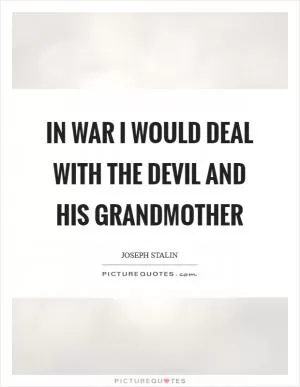
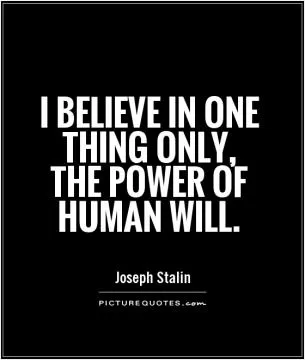
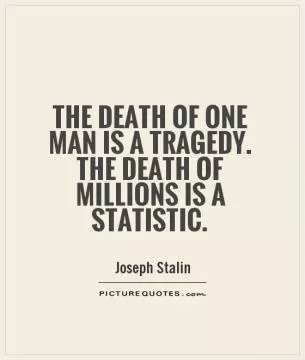



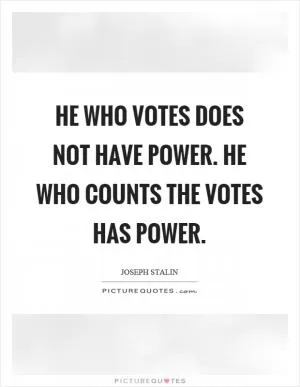



 Friendship Quotes
Friendship Quotes Love Quotes
Love Quotes Life Quotes
Life Quotes Funny Quotes
Funny Quotes Motivational Quotes
Motivational Quotes Inspirational Quotes
Inspirational Quotes